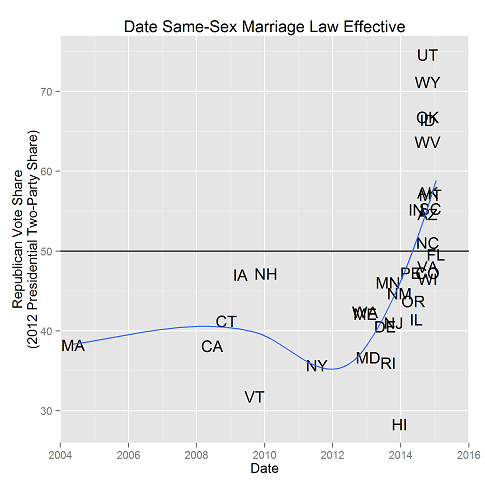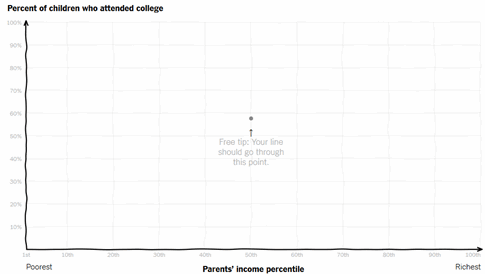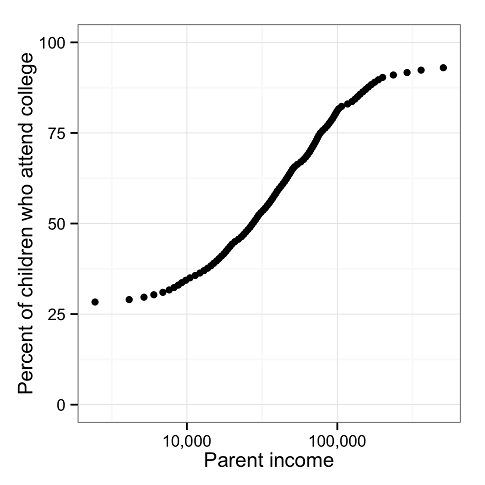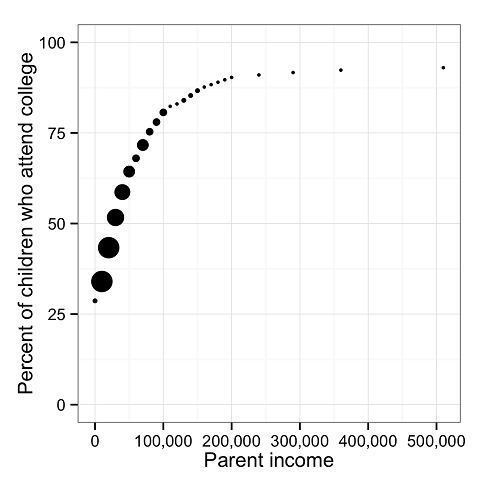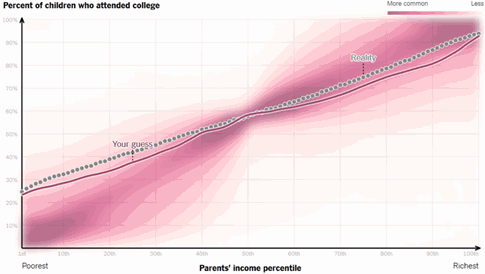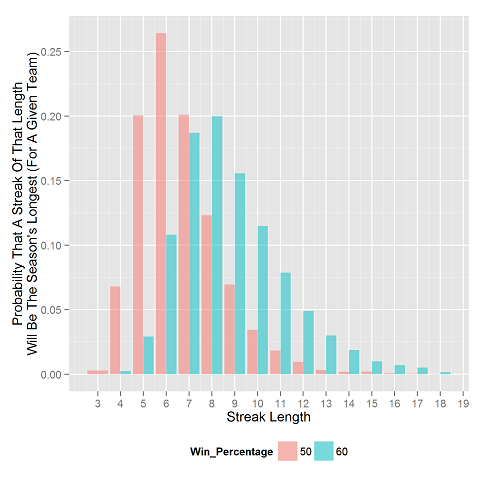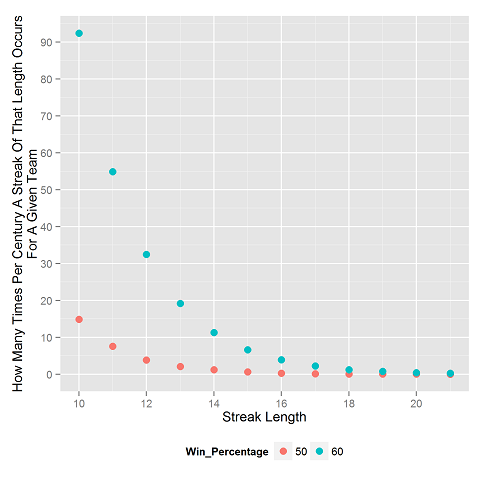SOCIETY FOR JUDGMENT AND DECISION MAKING 2015 DEADLINE JUNE 20

The Society for Judgment and Decision Making (SJDM) invites abstracts for oral presentations and posters on any interesting topic related to judgment and decision making. Completed manuscripts are not required.
LOCATION, DATES, AND PROGRAM
SJDM’s annual conference will be held in Chicago, Illinois, November 20-23, 2015. The conference will take place at the Hilton Chicago. Plenary events will include a keynote talk on Sunday, November 22nd delivered by Max Bazerman and an interview with Danny Kahneman on Saturday, November 21st conducted by Leif Nelson.
SUBMISSIONS
The deadline for submissions is June 20, 2015, end of the day. Submissions for symposia, oral presentations, and posters should be made through the SJDM website at http://www.sjdm.org/abstract-review/htdocs Technical questions can be addressed to the webmaster, Jon Baron, at webmaster at sjdm.org. All other questions can be addressed to the program chair, Katherine Milkman, at kmilkman at wharton.upenn.edu.
ELIGIBILITY
At least one author of each presentation must be a member of SJDM. Joining at the time of submission will satisfy this requirement. You may join SJDM at http://www.sjdm.org/join.html. An individual may give only one talk and present only one poster, but may be a co-author on multiple talks and/or posters. Please note that both the membership rule and the one-talk/one-poster rule will be strictly enforced.
NOTE FOR NON-US CITIZENS REQUIRING VISAS
Travelers from certain countries may need extra lead time to obtain travel documents. Although we are unable to accept talks early, we can provide notification of an “accepted presentation.” This means that you would at least be guaranteed a poster. We can do this because posters are typically evaluated only for content and most are accepted. If you submit a talk, you will receive a notice of an accepted presentation immediately, and a decision on your talk at the usual time. To take advantage of this option, you should still submit through the regular process, and also send a request to the program chair, Katherine Milkman, at kmilkman at wharton.upenn.edu.
AWARDS
The Best Student Poster Award is given for the best poster presentation whose first author is a student member of SJDM.
The Hillel Einhorn New Investigator Award is intended to encourage outstanding work by new researchers. Applications are due June 30, 2015. Further details are available at http://www.sjdm.org/awards/einhorn.html. Questions can be directed to Neil Stewart, neil.stewart at warwick.ac.uk.
The Jane Beattie Memorial Fund subsidizes travel to North America for a foreign scholar in pursuits related to judgment and decision research, including attendance at the annual SJDM meeting. Further details will be available at http://www.sjdm.org/awards/beattie.html.
PROGRAM COMMITTEE
Katherine Milkman (Chair), Jack Soll, Nina Mazar, Suzanne Shu, Katherine Burson, Anuj Shah, Ana Franco-Watkins, Meng Li, and Mare Appleby (conference coordinator)
HILLEL EINHORN NEW INVESTIGATOR AWARD
The Society for Judgment and Decision Making is inviting submissions for the Hillel Einhorn New Investigator Award. The purpose of this award is to encourage outstanding work by new researchers. Individuals are eligible if they have not yet completed their Ph.D. or if they have completed their Ph.D. within the last five years (on or after July 1, 2010). To be considered for the award, please submit a journal-style manuscript on any topic related to judgment and decision making.
In the case of co-authored papers, if the authors are all new investigators they can be considered jointly; otherwise, the new investigator(s) must be the primary author(s) and should be the primary source of ideas. Submissions in dissertation format will not be considered, but articles based on a dissertation are encouraged. Both reprints of published articles and manuscripts that have not yet been published are acceptable.
Submissions will be judged by a committee appointed by the Society. To be considered, submissions must be received by 30 June, 2015. The committee will announce the results to the participants by 15 October 2015. The award will be announced and presented at the annual meeting of the Society for Judgment and Decision Making. The winner will be invited to give a presentation at that meeting. If the winner cannot obtain full funding from his/her own institution to attend the meeting, an application may be made to the Society for supplemental travel needs. This notice is here:
http://www.sjdm.org/awards/einhorn.html
with a link to the submission system here:
http://www.sjdm.org/awards/einhorn.upload.html
 Subscribe to Decision Science News by Email (one email per week, easy unsubscribe)
Subscribe to Decision Science News by Email (one email per week, easy unsubscribe)


